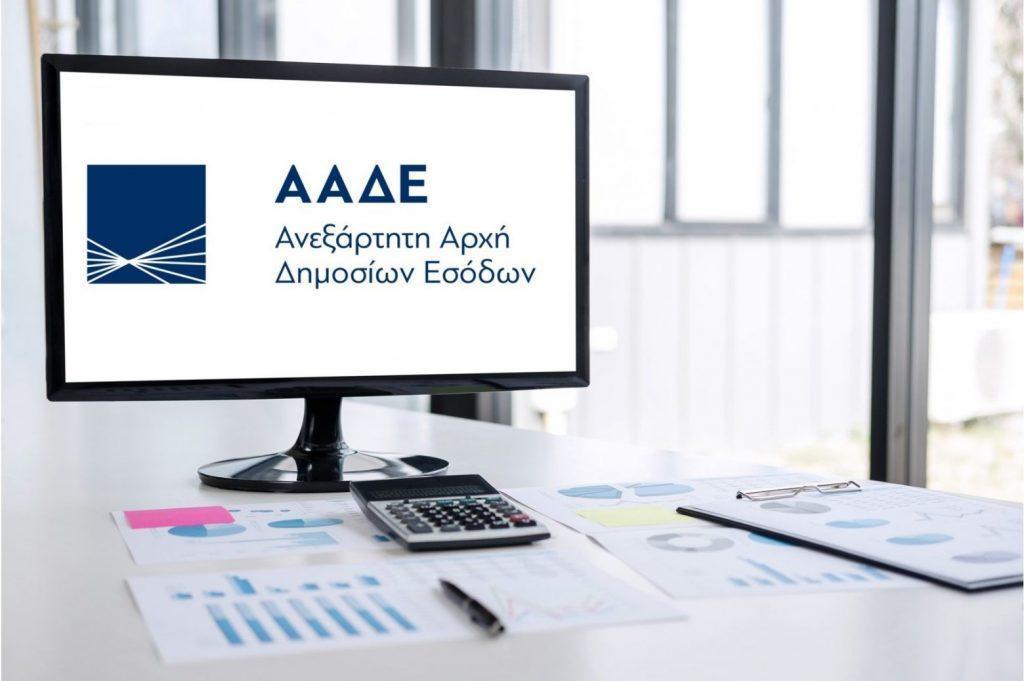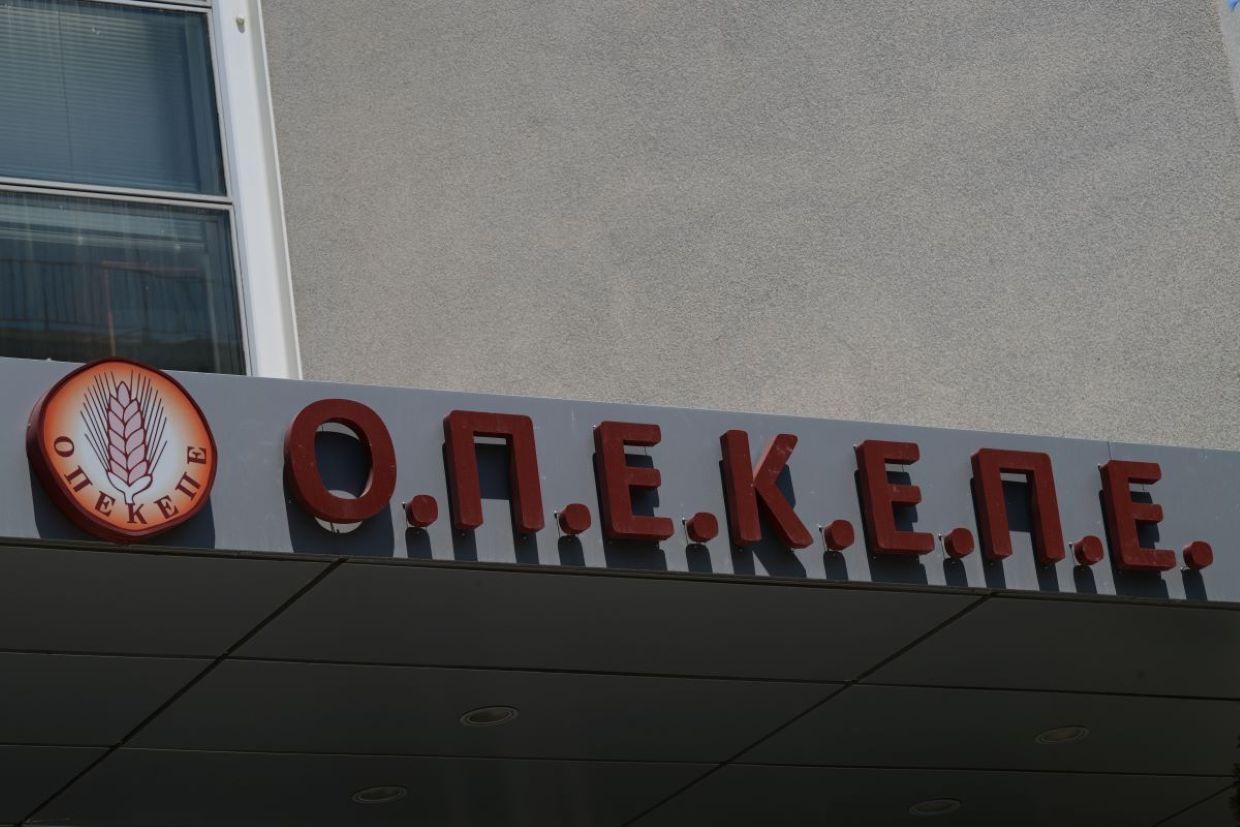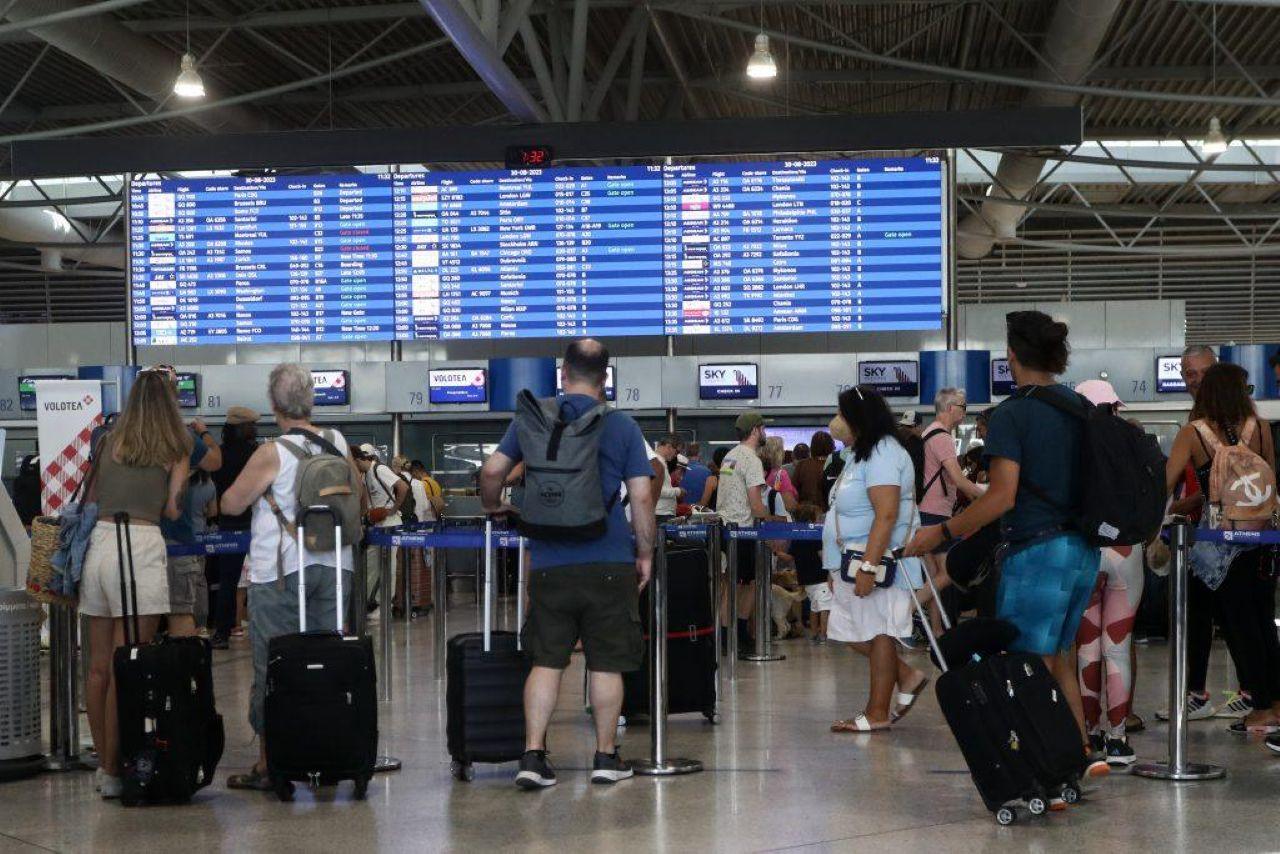Greece’s influential hotel industry is raising alarm over recent government reforms, challenging official labor data and expressing frustration with policies that appear to sideline large parts of the country’s tourism sector.
The Hellenic Hoteliers Federation (POX) has publicly criticized the Ministry of Labor for a lack of transparency surrounding the Digital Work Card, a system introduced to modernize labor monitoring and reduce undeclared work. According to POX, the Ministry—led by Labor Minister Niki Kerameus—has repeatedly failed to explain how it calculates the reported increases in overtime hours.
Federation Questions Overtime Figures
The federation has requested formal clarification on whether the numbers include categories such as “additional work” (previously untracked by Greece’s ERGANI employment database) or break time, which is not legally considered paid work. Without this context, POX argues, it’s impossible to accurately assess the actual amount of overtime worked in the hotel sector.
Even if the government’s reported figure of 45,000 overtime hours is correct, POX says the number is negligible. With more than 220,000 people employed in hotels, and assuming only half were actively working in April, the average amounts to less than 30 minutes of overtime per worker for the entire month—or under one minute per day.
“These are numbers intended for effect, not substance,” the federation said. If break time or “additional work” is included in the calculations, the results are “essentially meaningless.”
Labor Shortages and Regulatory Friction
POX also emphasized that Greece’s tourism industry—responsible for roughly 20% of GDP—continues to face tens of thousands of unfilled jobs, particularly during peak travel seasons. In this context, overtime is not only expected but necessary to keep operations running.
The federation acknowledged that the Digital Work Card has helped reduce red tape and made overtime more manageable for businesses, especially since employers are now exempt from certain contributions. Still, POX warns that the system’s rollout has created technical and logistical problems that the government has yet to fix.
“Rather than fueling public debate about a highly regulated and responsible industry, the focus should be on addressing the real challenges created by the Digital Work Card—challenges the new labor legislation completely overlooks,” the federation stated.
Anger Over Development Law: “Mountains Left Behind”
At the same time, Greek hoteliers are criticizing the country’s new Development Law, which limits eligibility for tourism investment incentives to a small number of island regions.
Under the new guidelines (Government Gazette 3306B/27-06-2025), only projects in the North Aegean, the island of Samothraki, and a handful of smaller islands in the South Aegean (including Kasos, Kastellorizo, Chalki, Symi, Nisyros, Tilos, and Lipsi) qualify for funding support.
This excludes all mainland areas, along with most Greek islands, including many classified as economically disadvantaged.
One of the most vocal critics is Sofia Flega, president of the Evrytania Hoteliers Association, representing a remote mountainous region in Central Greece. “This exclusion is not just an oversight—it’s a policy decision,” she said.
Flega argues that the lack of support deprives Evrytania of its only real path to economic growth: sustainable tourism. “We’re talking about job losses, shrinking business activity, population decline, and the underuse of our natural and cultural assets,” she added.
She also called out the contradiction between official rhetoric and government action:“Despite all the talk of ‘year-round tourism,’ the state is ignoring mountain destinations. We’re committed to sustainable development—we respect our environment, our architecture, our heritage. And yet, we’re left out.”
Her final message was clear: “The state’s position is not neutral—it’s deliberate. The signal is loud and clear: they have no intention of supporting mountain tourism.”
Source: tovima.com






































